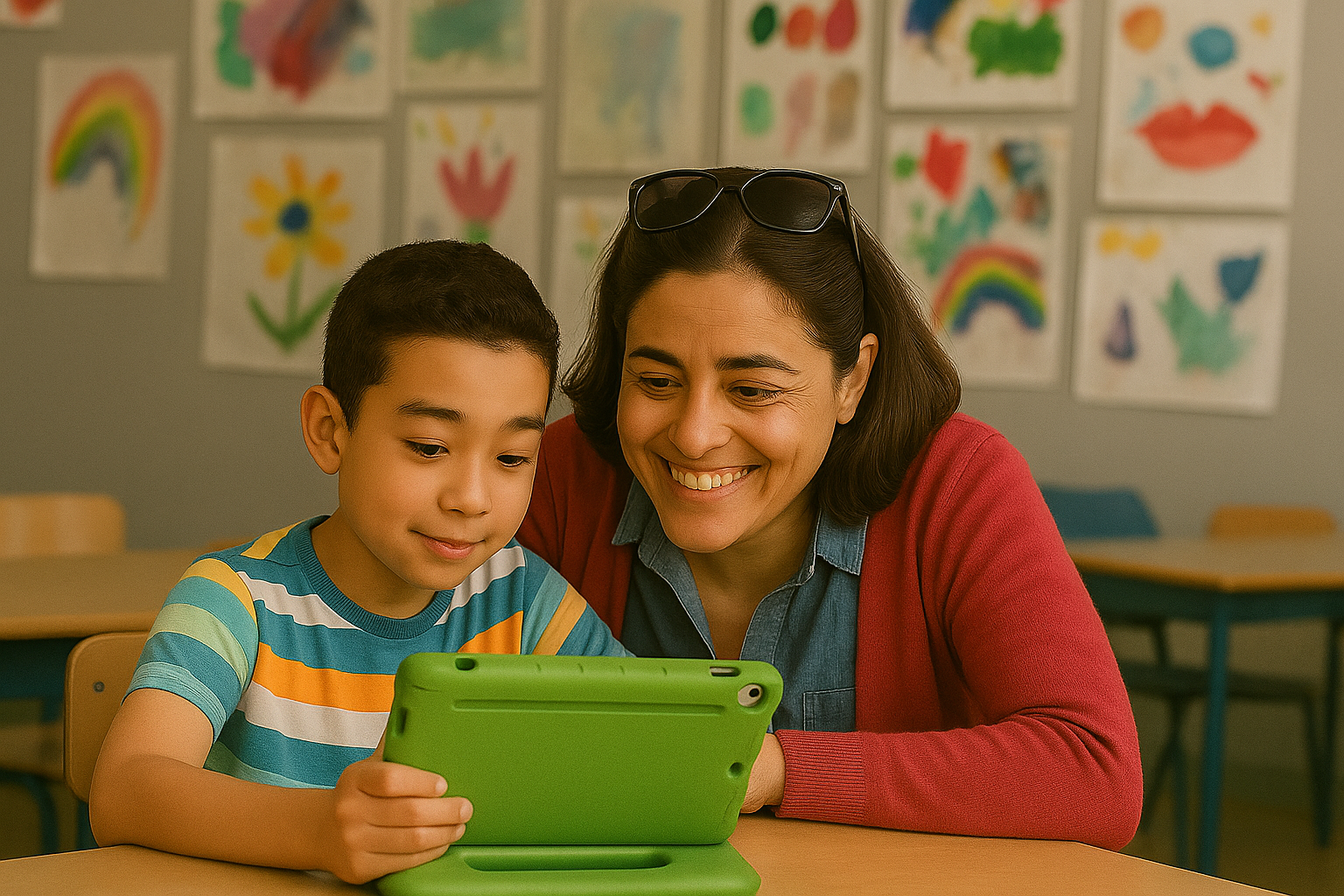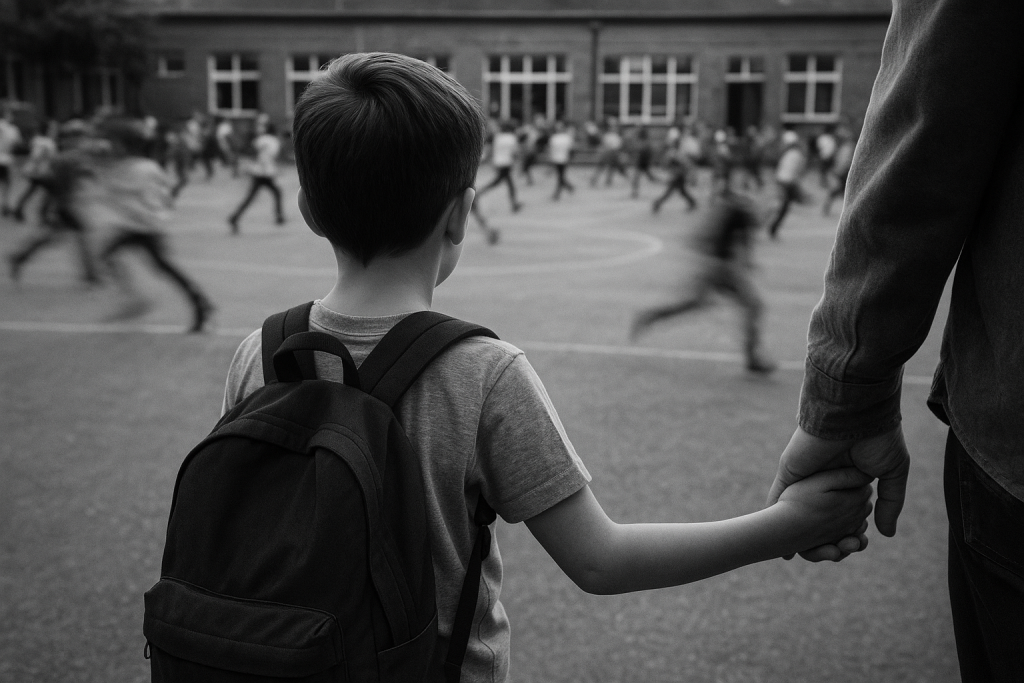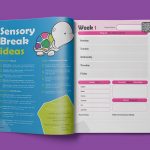Don’t miss my latest news
Register for my newsletter here >
School transitions are hard
Another step forward...
Navigating the worries of school transitions – especially for parents of SEN children

As the school year winds down, many parents find themselves facing the quiet storm of worry that comes with their child transitioning into a new year group — or even a new school altogether. It’s a time of reflection, uncertainty, and often, anxiety. For parents of children with special educational needs (SEN), these feelings are magnified, coloured by the many “what ifs” that sit on their shoulders.
End-of-Year Worries: More Than Just a Change of Classroom
Moving from one year group to the next might seem like a small step on paper, but emotionally, it can feel like a giant leap. Will the new teacher understand your child’s learning style? Will they notice the subtle signs of anxiety or sensory overwhelm? Will your child be accepted by their new classmates?
For many parents, these thoughts swirl in their minds long before the first September bell rings.
SEN-Specific Concerns: Will the System Keep Up?
Parents of SEN children know that transition isn’t just about new stationery and timetables. It’s about ensuring that vital support systems remain in place — and that they’re actually understood and implemented by new staff. One of the biggest concerns right now? Whether the Education, Health and Care Plan (EHCP) will be reviewed or renewed in time for the new school year.
Delays in EHCP updates or a lack of communication between schools can leave children without the appropriate support just when they need it most. If this sounds familiar, reach out to your school’s SENCO as soon as possible. Arrange a meeting to discuss the transition and consider developing a social story to help your child visualise and emotionally prepare for the change. Ask the school for help in creating this — many will already have templates or ideas ready.


The Primary to Secondary Leap: A Whole New World
If your child is making the jump from primary to secondary school, the scale of the transition can feel overwhelming. The comforting familiarity of a single classroom and a close-knit group of peers gives way to:
New friendship groups – and fears of not fitting in.
Increased risk of bullying, particularly for children who are “different” in any way.
Academic pressures – new subjects, stricter marking, and an expectation of independence.
New routines – including navigating large school buildings, remembering timetables, and handling homework.
Travelling alone – often by bus, without the reassuring presence of a parent at the school gate.
And then there’s the introduction of mobile phones and social media. These can be helpful tools for communication and independence, but they also open the door to a whole new world of pressures, comparisons, and potential for online bullying.
You're Not Alone
If you’re feeling the weight of all this, take a breath — you are not alone. These feelings are valid, shared by thousands of other parents quietly facing the same worries, especially those with children who have additional needs.
Remember: transition is not just a time of fear — it’s also an opportunity.
A new teacher might become your child’s best advocate. A new friend might bring joy and understanding. Your child might surprise you with their resilience and adaptability.
It’s another chapter — and like all chapters, it will bring moments of heartache and moments of joy.

What You Can Do Right Now
Meet with the SENCO: Schedule a transition meeting now. Discuss your child’s specific needs, support strategies, and any updates required for the EHCP.
Request a social story: These can be powerful tools to help your child understand what to expect and reduce anxiety.
Stay informed and empowered: If you’re unsure about your child’s rights or the school’s responsibilities, these organisations can help:
Transitions are hard — for children and for parents.
But with preparation, communication, and support, they can also be the beginning of something transformative.
You’re not doing this alone — and you’re doing better than you think.









